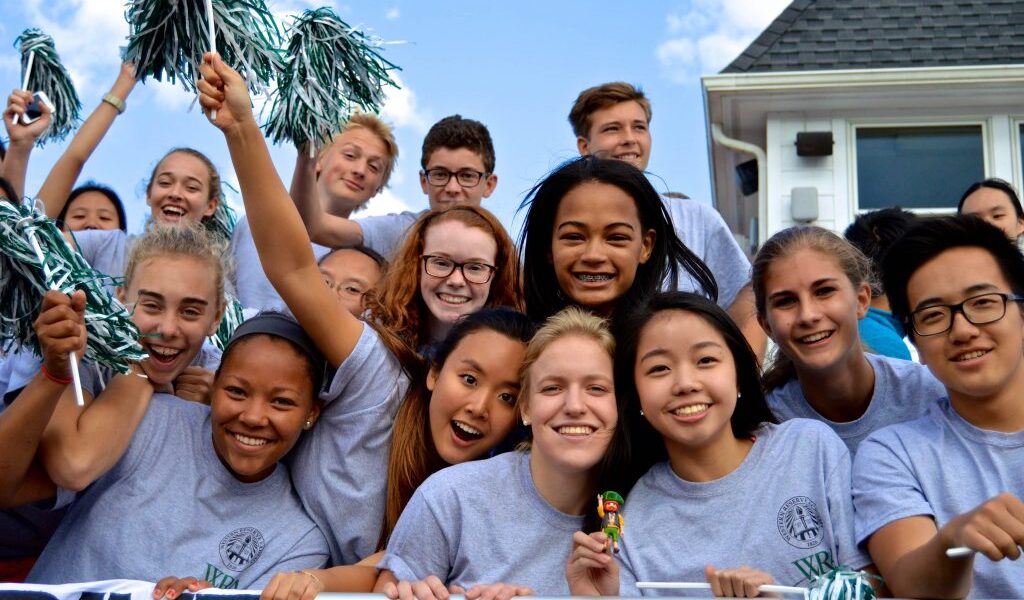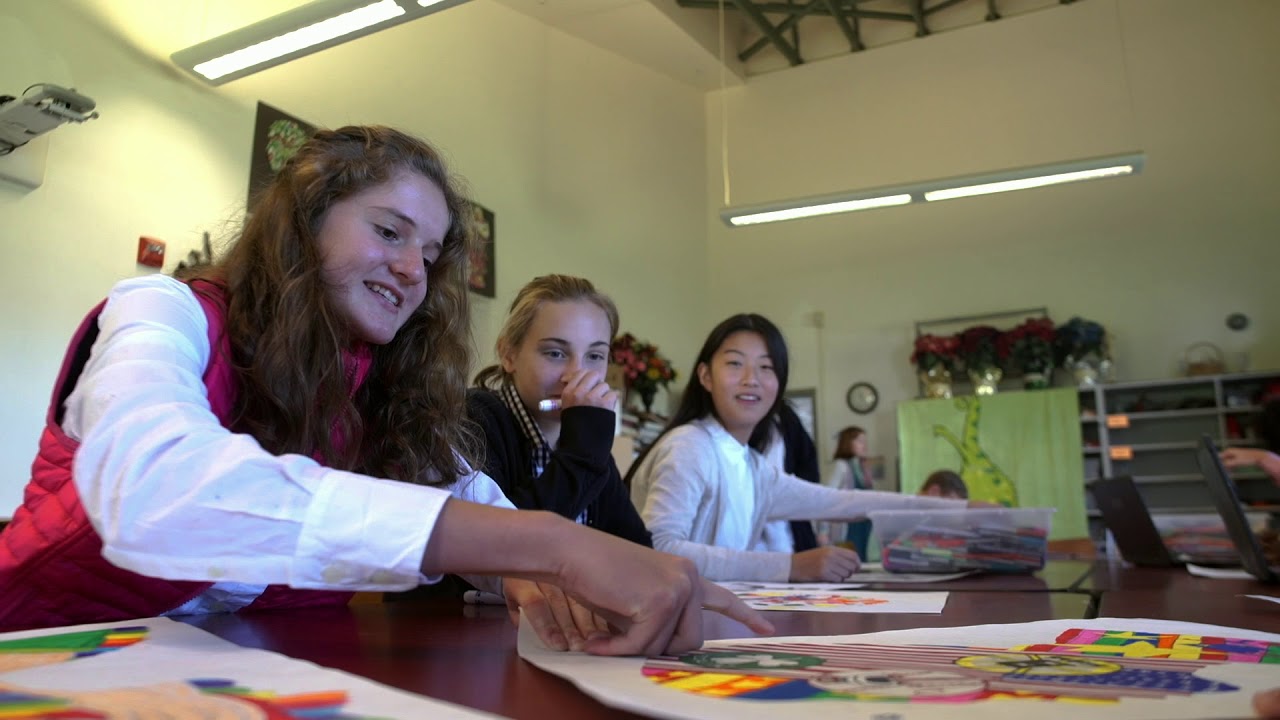Junior Boarding Works for Tween Brains
We all want what’s best for our middle schoolers. And that just may be boarding school. Here’s why it works for their rapidly developing brains.As mysterious as other galaxies and as beautiful as an original Monet, the brains of our tweens often make us scratch our own heads. These quickly maturing creatures are starting to decide what kind of academic life may suit them best. So, what do we know about middle schoolers that may help us set them in the right direction? And is that right direction by way of junior boarding school? It just might be!
Risks and Rewards
Hormonal fluctuations and the burgeoning limbic system are wreaking havoc on the reward centers of tweens’ brains. They’re more likely to act impulsively and less likely to think critically. Junior boarding environments provide the right amount of structure while also fostering the independence necessary to create responsible young adults.
 Indian Mountain School (Lakeville, Connecticut)
Indian Mountain School (Lakeville, Connecticut)
Positive Peer Pressure
An obsession with the “in group” is never quite as strong as it is in those early adolescent years. We can’t avoid the concept of peer pressure, but we can work to ensure that the influential community is one of acceptable encouragement and support. Highly specialized staff and like-minded students create a safe space for students to celebrate their diversity while sharing their commonalities.
 Fay School (Southborough, Massachusetts)
Fay School (Southborough, Massachusetts)
Enriched Extracurriculars
There are a number of reasons you may be considering junior boarding school, and if the incredible access to sports, arts and activities isn’t one of them, it should be! It’s too early for our young children to devote their hearts and energy to one activity, and junior boarding schools allow them to explore all of their options. Additionally, boarding schools often boast top-caliber extracurricular programs, so if your young teen has identified a talent, they can truly dive into an exceptional learning environment.
 Cardigan Mountain School (Canaan, New Hampshire)
Cardigan Mountain School (Canaan, New Hampshire)
A Sense of Citizenship
It’s never too early to impart the importance of stewardship to our children. Teenagers are often accused of being lazy or ambivalent, and perhaps we have some evidence to support that perception, but we believe that they’ll rise to meet the standards which are set for them. We also believe it may be easier for adults who aren’t mom or dad to encourage that kind of citizenship. (It’s not your fault, parents! It’s their brain’s aversion to doing what they’re told.) Boarding schools are known for an emphasis on building community, and each student is an integral component of a successful school campus.
 Bement School (Deerfield, Massachusetts)
Bement School (Deerfield, Massachusetts)
Academics, Obviously
We can all agree that the only thing changing faster than our teenagers’ minds are, well, their brains. Entering a rigorous academic curriculum at an early age will set them up for success not just in high school or college, but in all of their future endeavors. At junior boarding school, they’ll be surrounded by motivated, bright students and brilliant, supportive educators helping them reach their full potential—and then some.
 Hillside School (Marlborough, Massachusetts)
Hillside School (Marlborough, Massachusetts)
If the age-old adage, “If everyone jumped off a bridge, would you?” is apropos for any group, it’s young adults. Putting your tween in a place where you can trust that their futures will be fostered is one way to use that premise to your advantage. After all, learning is contagious.
Discover junior boarding schools near you: readyformore.com/find-a-school






















